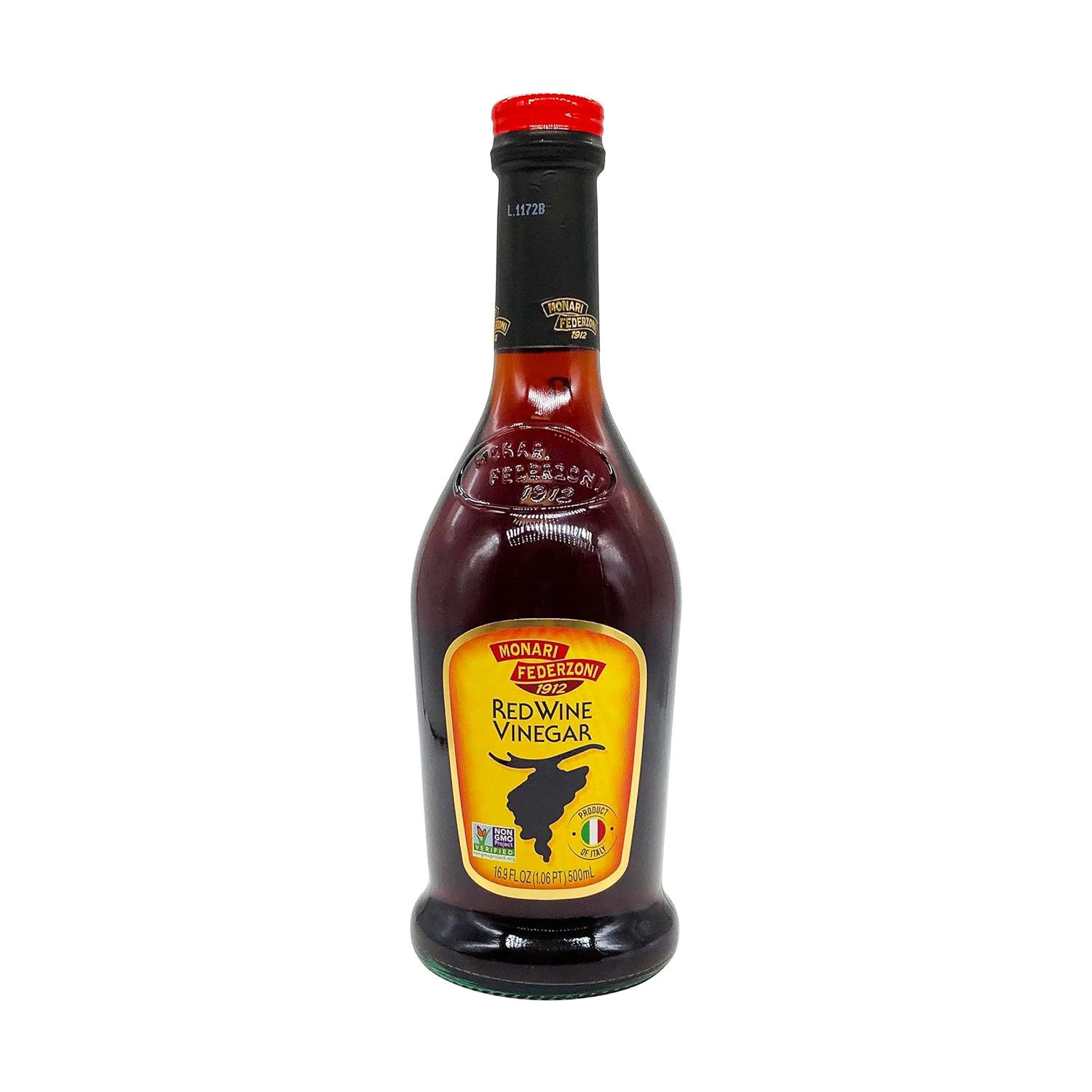Red wine vinegar is a staple in many culinary traditions, valued for its robust flavor and health benefits. Made by fermenting red wine, this vinegar can be used to enhance the taste of various dishes, from salads to sauces. It also brings a wealth of health benefits, including antioxidant properties and potential positive effects on blood sugar levels. This article will explore the history of red wine vinegar, its culinary uses, health benefits, and how to make and choose the best-quality vinegar for your kitchen.
Unveiling Red Wine Vinegar
Origin and Historic Significance
Red wine vinegar, with its rich, tangy flavor, has graced culinary traditions for centuries. The creation process, which involves fermenting red wine until it sours, is a practice that dates back to ancient civilizations. In France, it’s an essential ingredient in classic preparations such as vinaigrettes and marinades. The first subsection might trace the origins of red wine vinegar, including its role in historical cuisine and how it has been embraced by various cultures around the world.
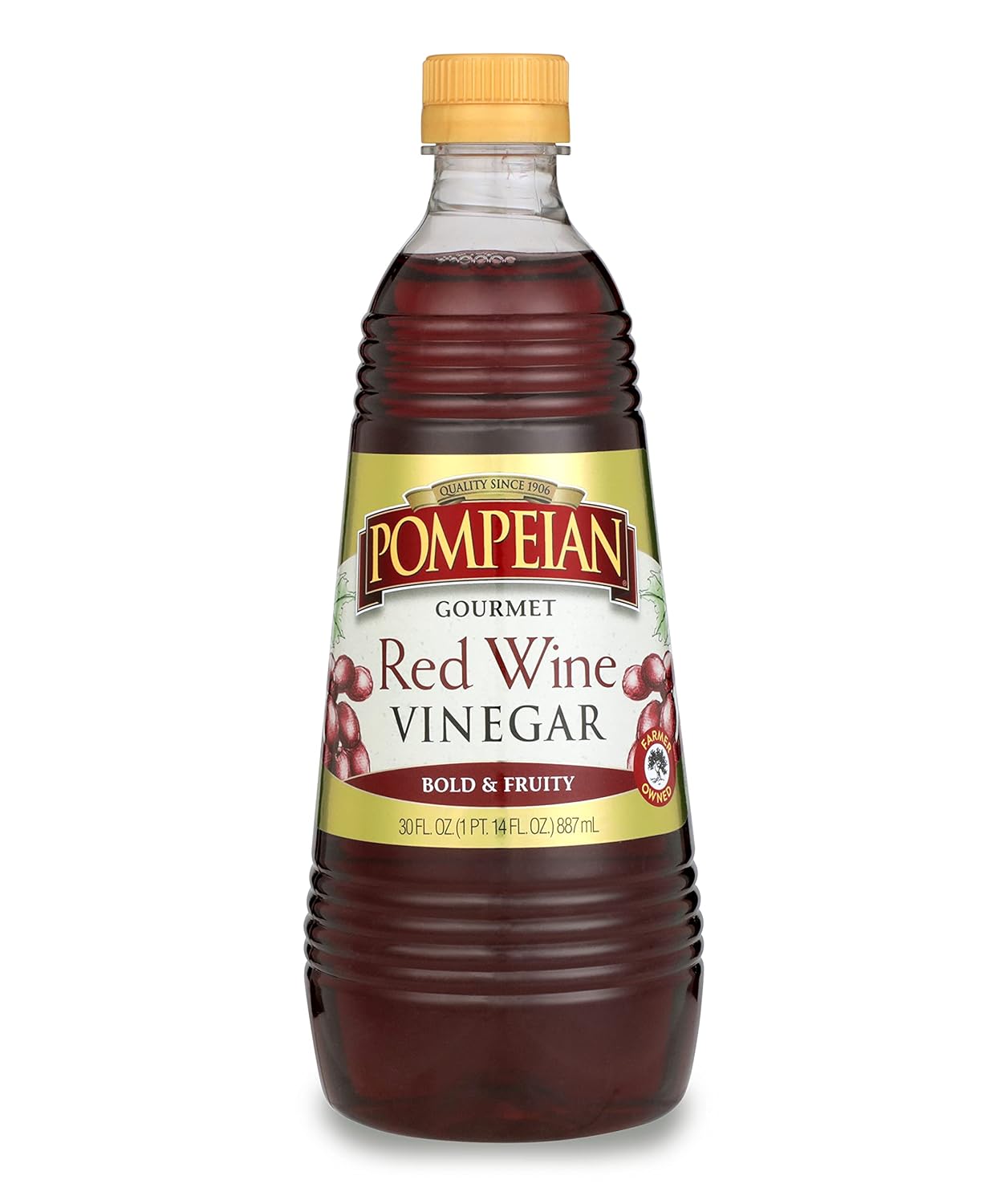
The Production Process
The transformation of red wine into vinegar is a fascinating process that relies on acetic acid bacteria to convert the alcohol into sour-tasting acetic acid. The method can vary from traditional slow fermentations in wooden barrels to faster, controlled processes in modern facilities. Understanding this process is crucial for appreciating the complex flavors and varieties of red wine vinegar. The second subsection could elaborate on traditional and modern production methods and how they impact the final product.
Culinary Uses of Red Wine Vinegar
Enhancing Flavors in Cooking
Red wine vinegar is lauded for its ability to lift and balance flavors. Whether it’s used in dressings, marinades, or as a finishing touch on cooked dishes, the acidity of red wine vinegar cuts through richness and adds a complex, bold note to recipes. Beyond its balancing act, it also serves as a meat tenderizer and a preservative for pickling. This section would go into detail on how red wine vinegar is utilized in cooking and how it enhances the taste profiles of various ingredients.
Signature Recipes with Red Wine Vinegar
Some dishes are almost synonymous with red wine vinegar. Béarnaise sauce, for example, would be incomplete without the tangy kick that the vinegar provides. Similarly, many Mediterranean cuisines rely on red wine vinegar to bring zest to salads and to create the perfect balance in tomato-based sauces. By spotlighting several signature recipes that rely on red wine vinegar, readers can gain a deeper appreciation of its pivotal role in gastronomy.

Health Benefits and Nutritional Profile
The Antioxidant Power of Red Wine Vinegar
Like red wine, red wine vinegar contains antioxidants such as resveratrol, which have been studied for their potential health benefits. Antioxidants can counteract the effects of free radicals, which are linked to aging and chronic diseases. Thus, incorporating red wine vinegar into one’s diet may contribute to overall health and prevention of certain illnesses. This part would delve into the nutritional components of red wine vinegar and its antioxidant effects.
Support for Digestion and Blood Sugar Regulation
Red wine vinegar is not only a flavor enhancer but also may offer digestive benefits. Its acidic nature can help mimic the stomach’s natural acids, potentially aiding in digestion. Furthermore, research suggests that vinegar can influence glycemic control, making it an interesting consideration for those managing blood sugar levels. This section would examine the health benefits of red wine vinegar, especially focused on digestion and glycemic control.
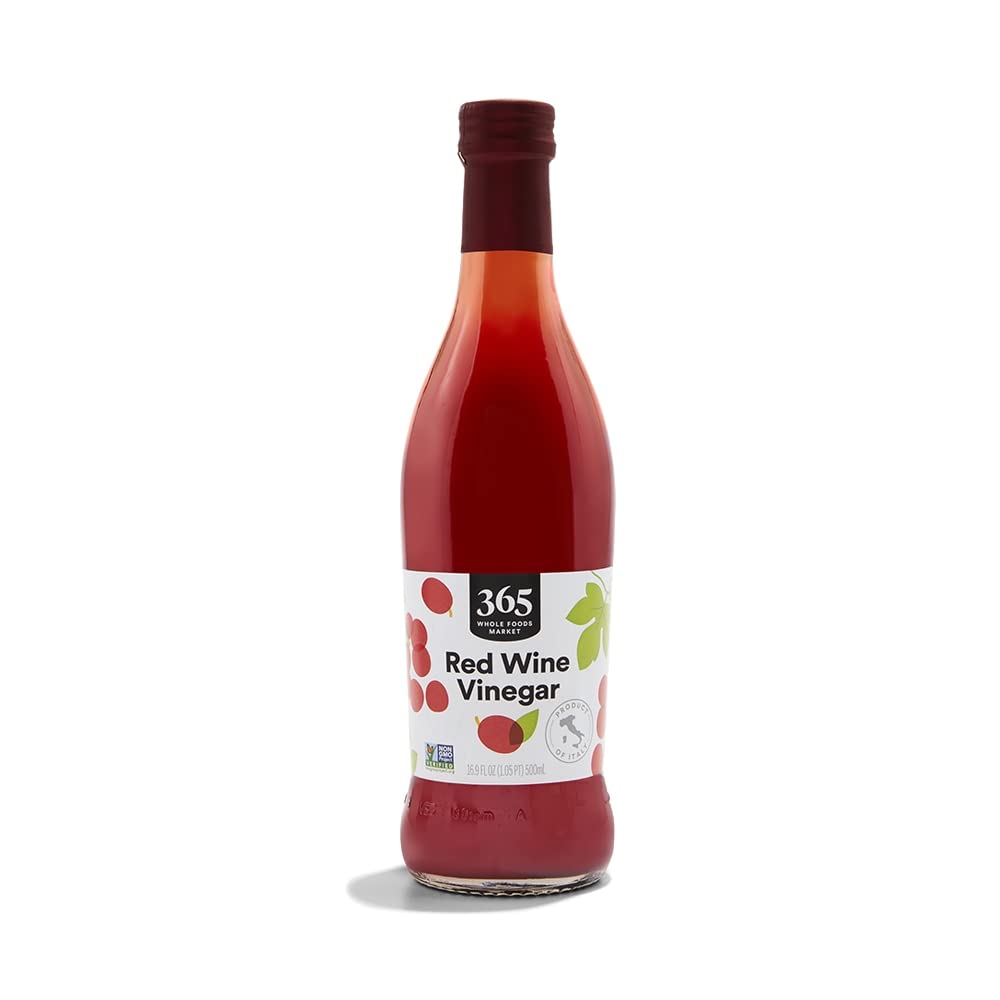
Origin and Historic Significance
Travel through time, and you’ll find red wine vinegar in the storied past of ancient civilizations. Its presence graced the tables of the Greeks and Romans, who valued it not just for its taste, but for its medicinal properties. These societies understood the preservative qualities of vinegar, utilizing it to safeguard their food and drinks. The tradition of vinegar production and consumption then meandered through history, becoming a culinary symbol in places like France, where it’s an indispensable ingredient in gastronomy. Expansion of this section would include the journey of red wine vinegar through historical eras, from its remedial uses in the past to its status as a gourmet staple.
The Production Process
The art of making red wine vinegar starts with a simple ingredient: quality red wine. Exposure to oxygen initiates the transformative process, with acetic acid bacteria playing the leading role. In traditional practices, wooden barrels provide the ideal environment for fermentation, with the wood contributing subtle flavors to the vinegar. However, contemporary production might use faster, controlled methods to cater to commercial demands without sacrificing quality. To further develop this section, delve into the scientific nuances of fermentation, the importance of selecting the right wine, and the influence of aging in different types of wood or modern materials.
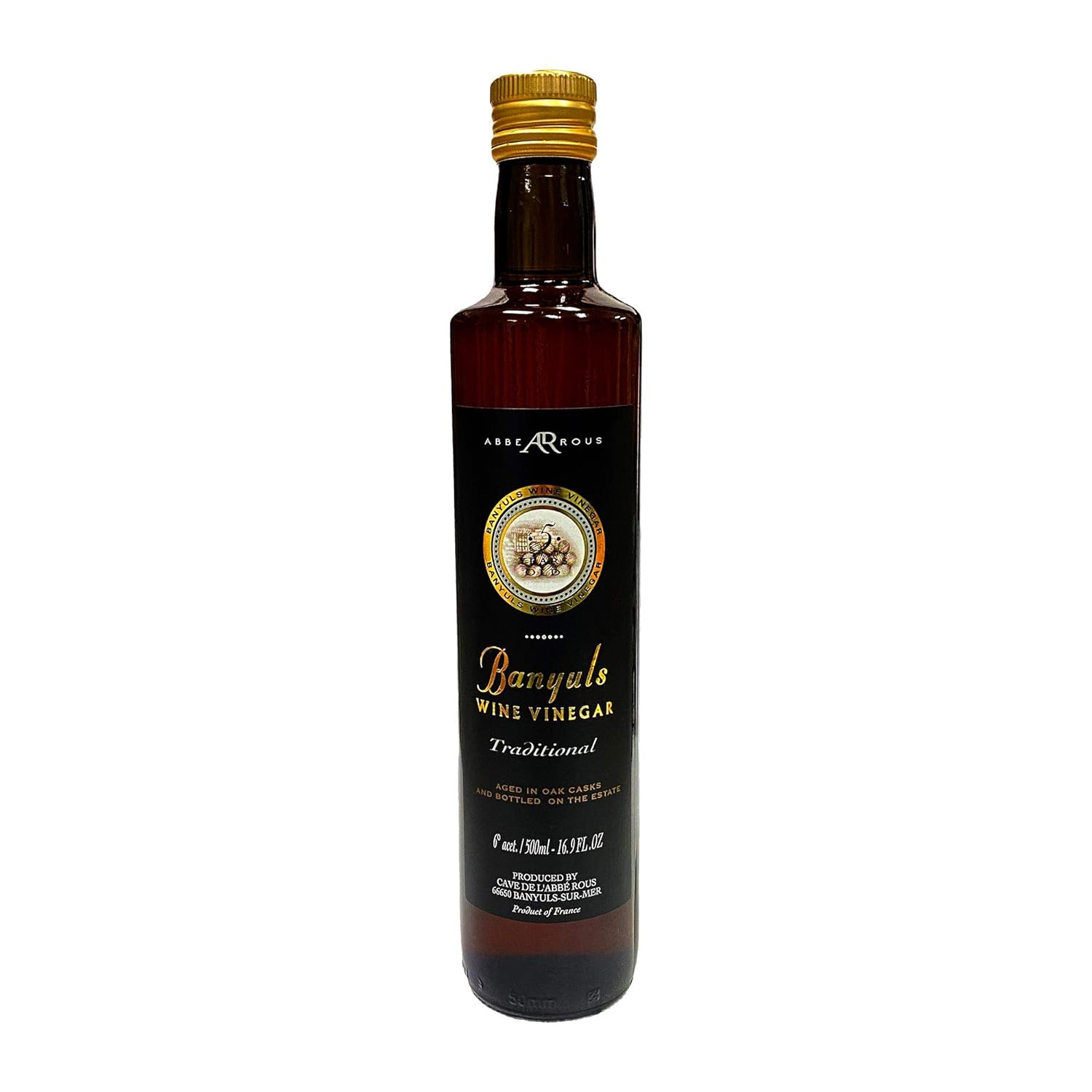
Enhancing Flavors in Cooking
Red wine vinegar’s robust profile makes it an unsung hero in the culinary world. Its zesty punch wakens the palate and provides a counterpoint to savory, sweet, and even fatty flavors, lending nuance and depth to dishes. Chefs treasure red wine vinegar for its versatility — not only adding brightness when raw but also mellowing out when heated, leaving behind a subtle tang. In the kitchen, it acts as a catalyst, elevating ingredients and tying other flavor components together. A complete exploration of this topic could include interviews with chefs, detailed flavor profiles, recipes, and techniques for cooking with red wine vinegar to inspire both home cooks and professionals.
Signature Recipes with Red Wine Vinegar
From the coasts of Italy to the vineyards of France, red wine vinegar whispers the secrets of local cuisines. A classic French vinaigrette, relying on the tartness of the vinegar, transforms greens into a refreshing salad. Meanwhile, in Italy, a splash intensifies the sauce of a rustic puttanesca. This section deserves a deep dive into cultural favorites, exploring the history and regional variations of dishes that feature red wine vinegar. Sumptuous recipes and anecdotes from culinary experts would enrich this part of the article, offering readers a chance to recreate and savor these classic dishes at home.
The Antioxidant Power of Red Wine Vinegar
The switch from wine to vinegar does not forfeit the drink’s acclaimed healthful compounds; instead, it preserves them in a new form. Red wine vinegar boasts a composition rich in polyphenols like resveratrol, renowned for fighting off oxidative stress in the body. These nutritional stars are lauded for their potential to reduce the risk of heart disease, and perhaps even play a role in longevity. Expounding on this area would involve a closer examination of the scientific studies behind these claims, understanding the health impact of these antioxidants, and discussing how to incorporate red wine vinegar into a balanced diet for potential benefits.
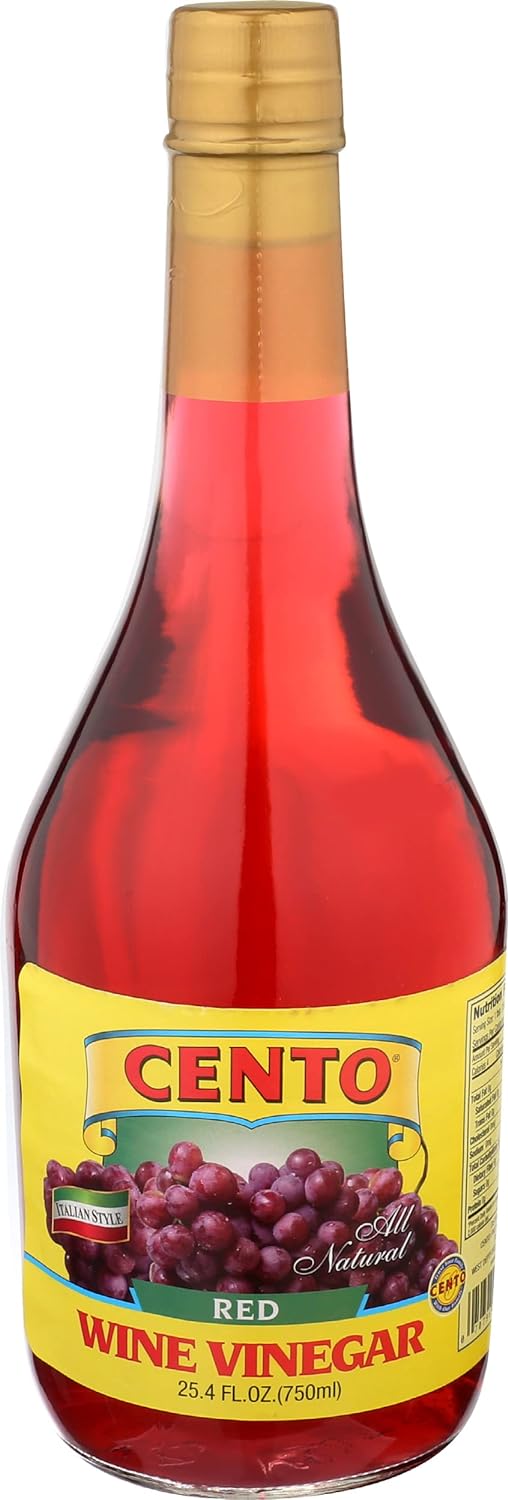
Support for Digestion and Blood Sugar Regulation
Beyond its tangy flavor, red wine vinegar may offer more subtle aid to our bodies. Anecdotal evidence and preliminary studies suggest that its acidic nature might improve digestion, helping to break down foods more effectively. Additionally, the vinegar’s impact on the body’s hypoglycemic response is a burgeoning field of interest, with researchers investigating its role in blood sugar management. Crafting the rest of this section requires a critical look at the existing research, expert interviews, and possibly even the collection of new testimonies from individuals who have experienced these health benefits first-hand.
Once each section is expanded upon through research, expert testimony, and cultural and historical context, the article will form a comprehensive guide that explores the multifaceted significance of red wine vinegar in cooking, health, and history.
